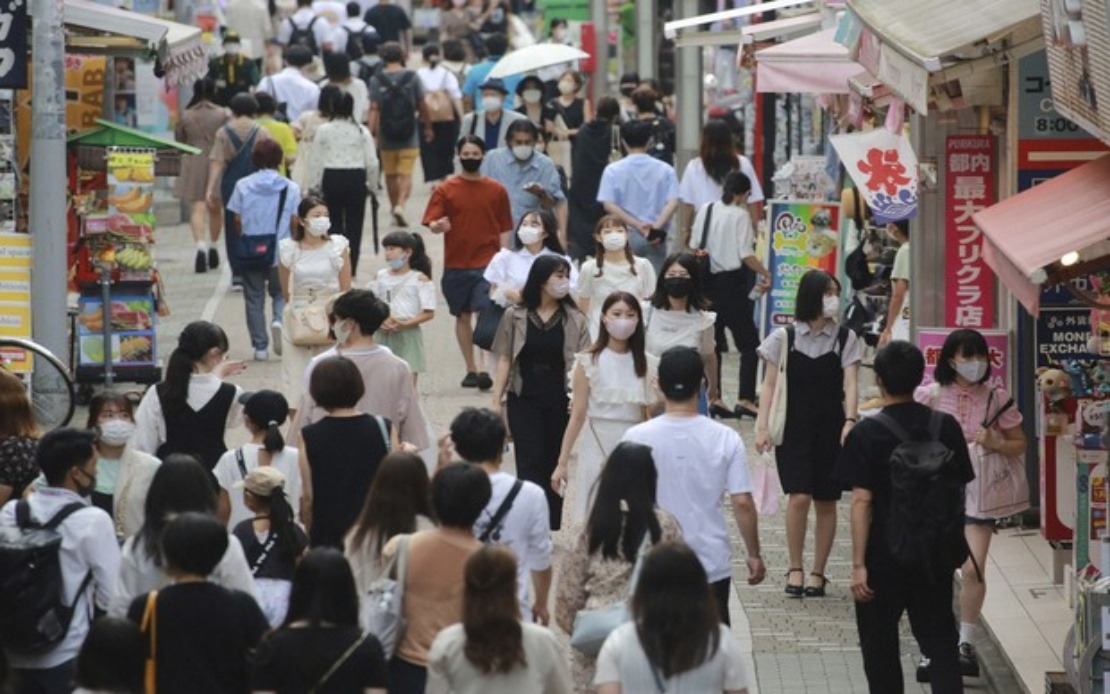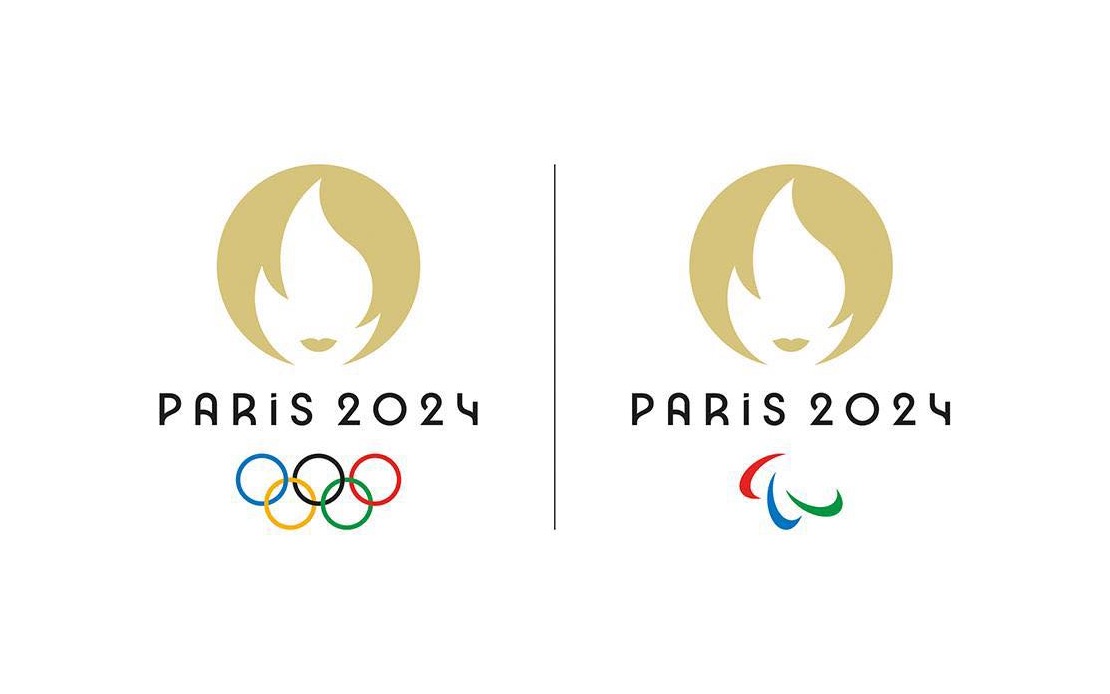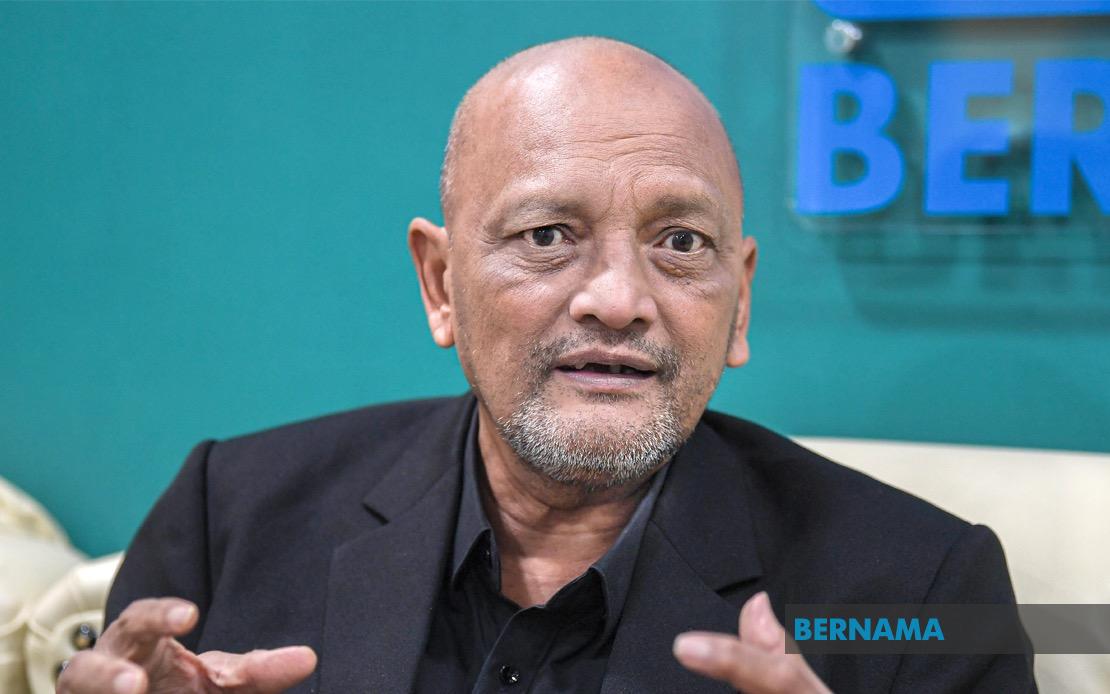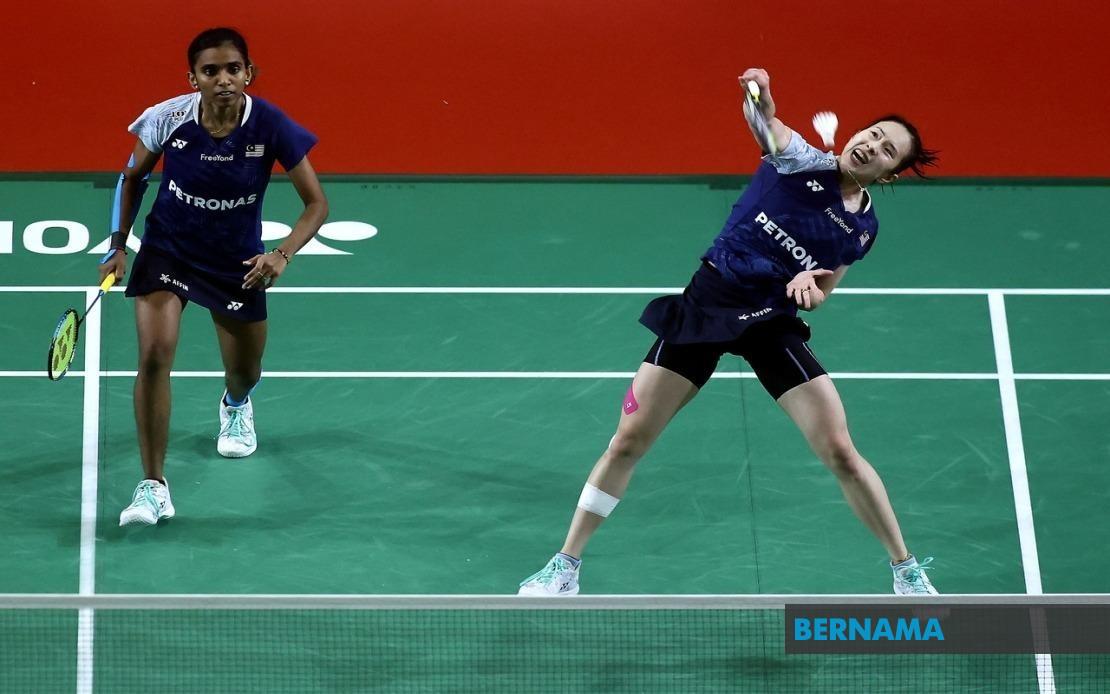Japan's daily COVID-19 cases top 9,000 for 1st time

TOKYO, July 29 -- Japan's daily total of COVID-19 cases topped 9,000 for the first time on Wednesday, with a surge in infections in Tokyo casting a pall over the Olympics and putting pressure on the government of Prime Minister Yoshihide Suga to take stronger countermeasures.
According to Kyodo news agency, the capital confirmed 3,177 COVID-19 cases, hitting a record for the second straight day and pushing up the nationwide tally to exceed the previous all-time high of 7,958 set Jan 8, as hospitals come under increasing strain.
The surge in infections comes as the highly contagious Delta variant of the coronavirus spreads and people in Tokyo tire of restrictions under a state of emergency.
The record high was reported just a day after Tokyo logged 2,848 daily COVID-19 cases, exceeding the previous record of 2,520 cases on Jan 7.
The virus has spread rapidly elsewhere, with the nationwide tally of daily infections that was below 2,000 in early July surpassing 4,000 one week ago, 5,000 on Thursday and 7,000 on Tuesday.
On Wednesday, the daily count for the entire country reached 9,583, bringing the cumulative total to nearly 900,000, while Tokyo's neighbouring prefectures of Kanagawa, Saitama and Chiba also all reported record single-day highs at 1,051, 870 and 577, respectively.
Japan's National Institute of Infectious Diseases has estimated that the Delta variant is now responsible for about 70 per cent of infections in the metropolitan area.
Olympic organisers have pledged to implement adequate COVID-19 countermeasures for "safe and secure" games and stressed that the number of infections among athletes and others associated with the sporting extravaganza is very low.
Suga has denied the possibility of canceling the Olympics, which opened Friday without spectators at almost all venues, and said that "there is no worry" as people are expected to move around less.
But Takaji Wakita, head of the national institute, who also leads the health ministry's COVID-19 countermeasures advisory panel, warned at a press conference Wednesday that "the spread of infections (over this one week in the country) is something never experienced before."
The capital's seven-day rolling average of cases has risen to 1,954.7 per day, up 53 percent from the previous week.
The government has placed Tokyo under the fourth state of emergency, which mostly relies on a cooperative public and does not entail a hard lockdown like some countries have imposed, from July 12 to Aug 22.
Still, some restaurants and bars have ignored calls to stop serving alcohol and close early as the government has lagged in handing out "cooperation money" meant to help them cover lost revenue.
Many people, especially younger ones less likely to be vaccinated, have grown weary of the restrictions and begun going outside more.
"How young people behave is key," Tokyo Governor Yuriko Koike told the press on Wednesday, advising them to get their shots.
Of the 3,177 COVID-19 cases, 1,078 people in their 20s and 680 in their 30s tested positive, accounting for more than half of the total, according to the metropolitan government.
"The medical system has already started becoming more strained," Shigeru Omi, Suga's top COVID-19 adviser, said in a parliamentary hearing, calling on the government to "send out a message that gets across the sense of crisis they should be feeling and take countermeasures fitting of the current infection situation."
The governors of Chiba, Saitama and Kanagawa will ask the central government, possibly Thursday, for their prefectures to be placed under the same state of emergency.
The government will "promptly consider such requests and make a decision," Chief Cabinet Secretary Katsunobu Kato said at a press conference Wednesday.
Suga also met with members of his Cabinet including health minister Norihisa Tamura to discuss the current situation.
As early as Friday, the government will convene a meeting to decide on putting the three prefectures under the emergency, an official said.
Suggesting there are not many options for the government, a senior official at the prime minister's office, said, "We have used almost all cards available by now."
Meanwhile, the Olympic organising committee said Wednesday that 16 more people linked to the games, none of them athletes, have tested positive for COVID-19, bringing the total since the start of this month to 169.
It is the first time in four days that the organisers have reported no COVID-19 positive cases of Olympic athletes.
-- BERNAMA



